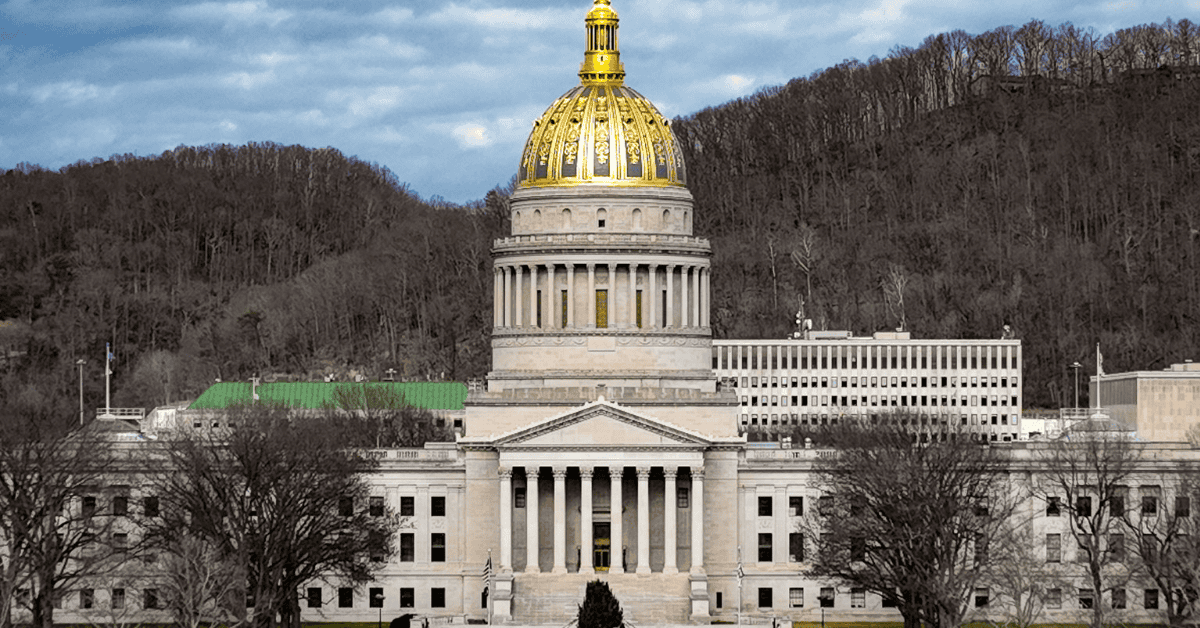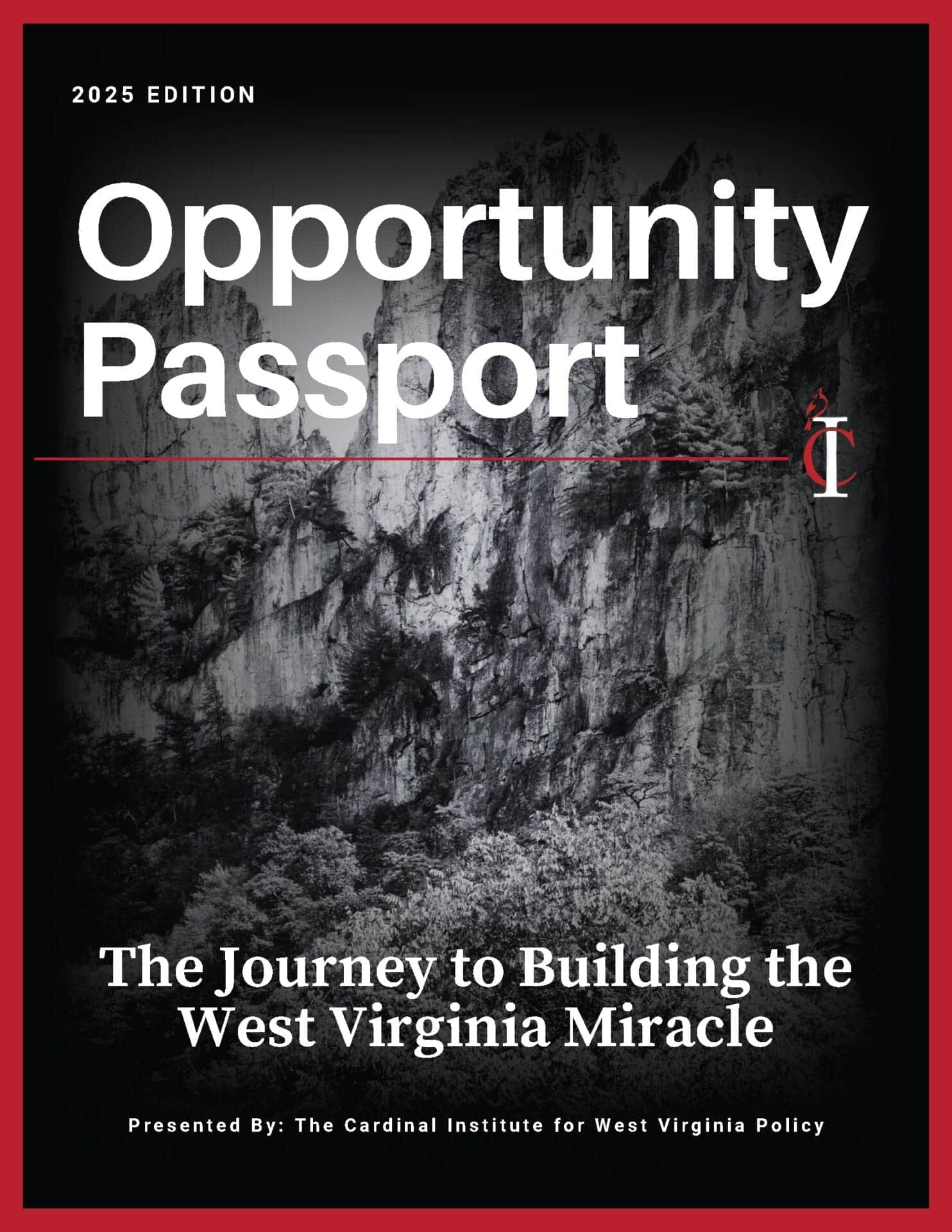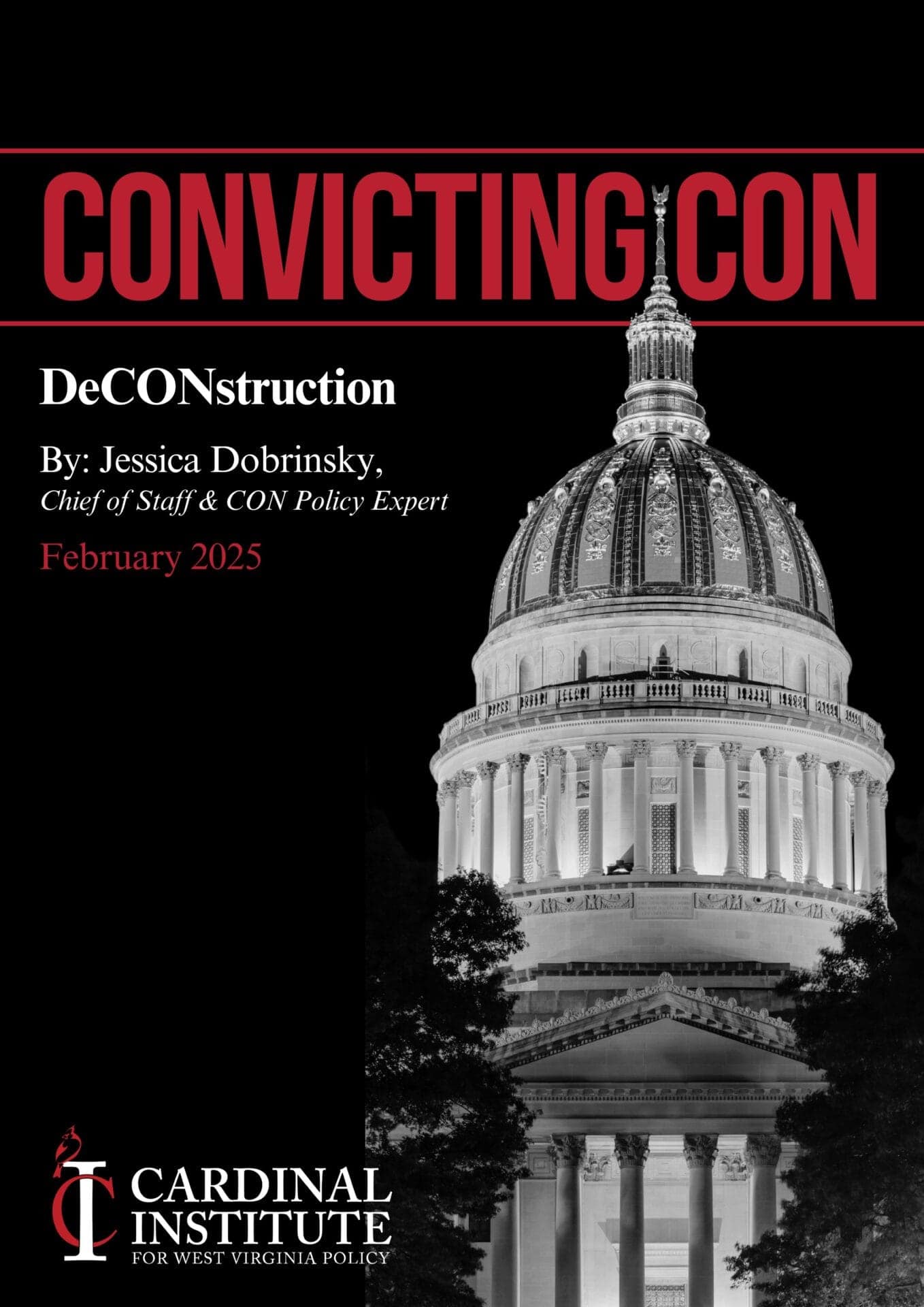
2024 West Virginia Legislative Session Recap and Reflections
The 2024 West Virginia Legislative Session in Numbers
It is the end of the 2024 West Virginia Legislative Session. As the action in Charleston has wrapped up, I’d like to take a moment to reflect on what has transpired. Certainly, there were fireworks and heated debates along the way. Interestingly enough, many of the bills that sparked those intense discussions did not complete the legislative process.
By the time the West Virginia Legislature adjourned on the regular 2024 Session, a total of 279 bills completed the legislative process. 123 of those bills originated in the House of Delegates and the remaining 157 originated in the State Senate.
In pure numbers, this was a less active legislative session than we’ve seen in recent years. In 2023, there were 333 bills that passed, 293 in 2022, 282 in 2021, and 356 in 2020 – our last General Election year.
Initial Thoughts About the 2024 West Virginia Legislative Session
The Cynical Take
All told, this year has been a fairly slow and quiet year. There are plenty of reasons for that. Perhaps the most cynical take is that we’re in an election year and risk aversion is high among our elected officials. The vast majority of everyone serving right now hopes to be chosen to serve again, whether in their same elected capacity or a new one, after the dust settles in November. With that in mind, there’s reason to govern conservatively and focus on the issues that enjoy very broad consensus.
There’s no shortage of progress that still deserves to be made in West Virginia. However, in an election year, the Delegate or Senator that pushes too hard or too fast to make change might find him or herself on the outside when the voters speak in a couple months.
The Charitable Take
Far more charitably, our elected officials have collaborated to pass a truly commendable portfolio of transformative policy changes in recent years. We always love pointing to the Hope Scholarship program. Last year’s historic income tax reform is every bit as meaningful.
Moreover, the far-reaching effects of the income tax reforms on the rest of the state budget demand thoughtfulness on the part of our legislators — especially in this first year after the cut. Little wonder, then, that a lot of what has completed the legislative process is related to rules and technical legal definitions within state code.
Too much, too quickly here could be the tip of a fiscal iceberg.
Were there opportunities left on the table? Absolutely. The ambitious repeal of certificate of need laws in health care comes to mind. Likewise, reforms at the intersection of criminal justice and occupational licensing that incorporate suggestions from our Breaking Barriers report come to mind.
The Highlights from the 2024 West Virginia Legislative Session
Of the 279 bills that did complete the legislative process, here are the highlights. Below are seven completed bills that align with either our 2024 Policy Priorities or longstanding areas of focus for the Cardinal Institute.
Senate Bill 667: Creating Physician Assistant Compact
Passed March 8, 2024; in effect 90 days from passage
This bill brings West Virginia into the fold of states that have already opted into the Physician Assistant Licensure Compact. The compact is a voluntary agreement among states that makes it easier for licensed PAs to practice in and among compact states. There will now be more opportunities for PAs to have multi-state practices and broaden their telehealth service offerings. This is especially important for a state like West Virginia where many of our counties and significant population clusters are near state borders.
Senate Bill 714: Transferring duties and licensing from Board of Osteopathic Medicine to Board of Medicine
Passed March 6, 2024; in effect 90 days from passage
This bill streamlines board oversight operations among these professions. It also recalibrates board composition for equitable representation across professional categories covered by the new board. SB 714 provides a pathway for internationally educated physicians to practice medicine in West Virginia without repeating residency requirements. Given the well-known challenges associated with healthcare access in the Mountain State, pathways for more practitioners to apply their skills should be welcome news for all.
House Bill 4880: Relating to personal income tax social security exemption
Completed legislative action March 9, 2024
The bill gradually eliminates the personal income tax collected by West Virginia on social security benefits. In this 2024 tax year, 35% of the benefits will be exempt from taxation. Next year, in 2025, 65% of social security benefits will be exempt from taxation. In 2026 and beyond, social security benefits will be fully exempt from taxation at the state level. Social security benefits are available to West Virginians by way of taxation on their earnings throughout their careers. Eliminating this tax at the state level removes the double-taxation. It is commendable.
House Bill 4945: Relating generally to the Hope Scholarship Program
Completed legislative action March 9, 2024
This is broadly a “clean up” bill. It does not change any of the fundamental operations or mechanics of the Hope Scholarship program. However, the bill does clarify that students in the various educational pathways are able to receive diplomas from their secondary schools. This bill also clarifies that Hope Scholars are eligible to receive the PROMISE Scholarship. Finally, the bill clarifies that public charter schools are able to invoice Hope Scholarship students for services. This is what traditional public schools can do under the original language of the Hope Scholarship bill.
House Bill 4975: Relating to establishing a foster parent information system
Completed legislative action March 9, 2024
This bill charges the Department of Human Services to implement a foster parent information system that better facilitates communications among legal caretakers of foster children and other relevant parties in the child welfare system. Such streamlining includes: parent requests and responses to Bureau of Social Services; information regarding visitation, appointments, travel, and other services available to the foster child; information regarding court hearings, meetings with guardian ad litem, and multidisciplinary team meetings; health records for the foster child to the foster parent or kinship parent.
House Bill 5017: Relating to mobile food establishment reciprocity
Completed legislative action March 7, 2024
Authorizes local boards of health to issue statewide permits to mobile food service establishments (aka – food trucks) in West Virginia. The bill prohibits local or county health departments from charging additional fees to in-state vendors that have received the statewide permit. But it does allow them to place conditions upon issued permits to assure compliance with the local health department’s standards. Overall, this eases the regulatory burden on food entrepreneurs. It streamlines the kind and number of permits they need to engage in business. Such a regulatory change can encourage more entrepreneurs to start up or bring their services to West Virginia.
Additionally, it is worth noting that all of these bills are currently awaiting a signature from Governor Justice to become law. For bills sent to his desk after the session adjourns, the governor has 15 days from the end of session to act (excluding Sunday). If it is a budget or appropriations bill, the governor only has 5 days (excluding Sunday). Finally, in both cases, inaction results in the bill becoming law without signature.
Jessi Troyan is the Director of Policy & Research for the Cardinal Institute for West Virginia Policy.







